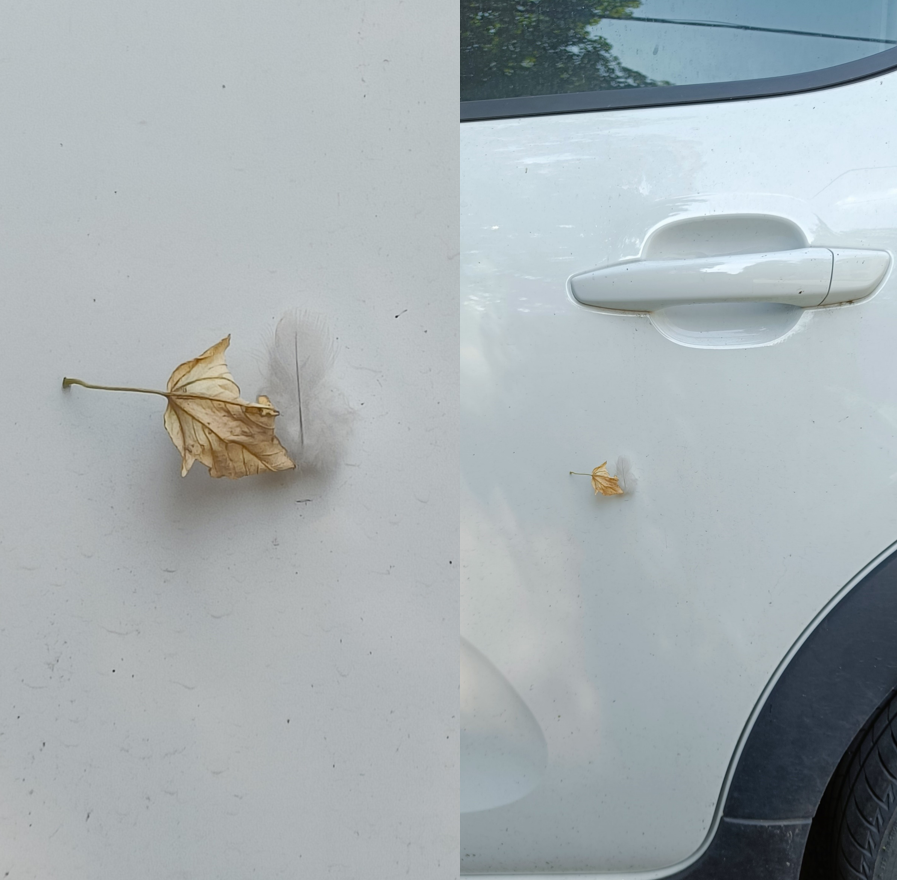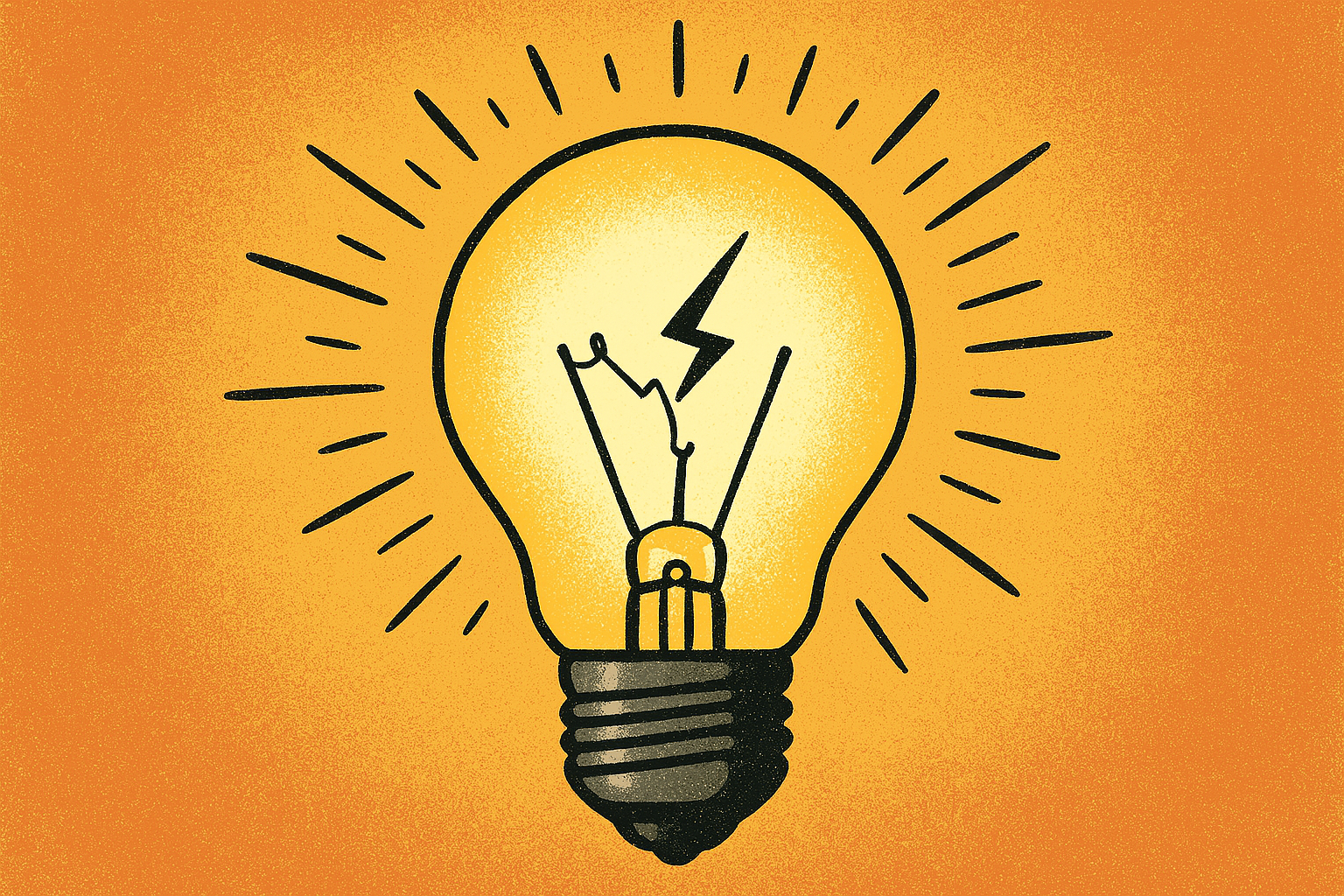What are the odds? Highly improbable events can still happen!
By definition, highly improbable events are... improbable. But they can still hapen.
What are the chances of a light feather, caught on a leaf, ending up stuck vertically on a car door—seemingly defying gravity? Impossible? Well, take a look at the pictures below that I took this weekend during a walk:

A feather, a leaf, and a car door—caught in a moment that seems to defy gravity. Nature’s way of reminding us: improbable doesn’t mean impossible.
Here are a few more examples of unlikely events:
- A light bulb with a Mean Time Between Failures (MTBF) of 5000 hours blows the very first time you switch it on:

An light bulb blowing the very first time you switch it on (AI generated).
Here are a few more examples of unlikely events:
- The first two raindrops of a shower fall on the exact same spot of a paving stone—one landing perfectly on top of the other.
- You flip a coin, and instead of landing on heads or tails, it stands perfectly upright on its edge.
- A helicopter suffers a catastrophic mechanical failure right at, or just after, take-off.
Small probability values offer no absolute protection.
Be prepared for the unlikely.
Don't take chances — especially not repeatedly!
Accidents
Such events occur by accident—or more simply stated, they are accidents.
The first three differ from the last in that they are purely random. In other words, there are no protections, risk mitigations, or defenses aimed at preventing them from happening.
Etymology: The word accident originates from the Latin accidens, meaning “happening” or “befalling.” It’s derived from the verb accidere, which combines ad (to, towards) and cadere (to fall). Thus, etymologically, accident signifies something that falls upon, happens, or befalls—often unexpectedly.
Please log in or sign up to comment.